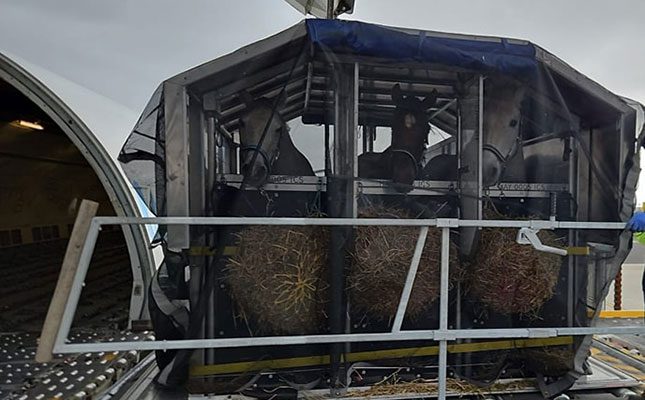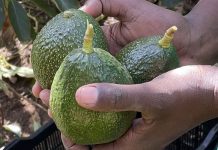
Photo: Facebook | Hobday Equestrian Enterprises
Adrian Todd, managing director of SA Equine Health and Protocols (SAEHP), confirmed that Hobday Equestrian Enterprises dispatched 32 horses from Cape Town International Airport on 17 August. The horses arrived at Liège Airport in Belgium the next day.
The consignment consisted of 27 endurance horses, three racehorses, one polo pony and one warmblood. Thirty of the horses were sold commercially, which according to Todd, revealed the importance of the European market for growing the equestrian industry.
He said enquiries about South African horses had picked up substantially since the export ban to Europe was lifted, with a second consignment destined to leave South Africa by mid-September.
He explained that direct equine exports to Europe were banned for more than 13 years because of African horse sickness.
The SAEHP was formed in 2018 and has been working with the South African government for the past six years to reinstate equine exports, which was successfully achieved in March.
Before the ban was lifted, South African horses had to either be sent to the EU via Mauritius or the US.
Todd pointed out that neither alternative was ideal, as the route via Mauritius added costs and another 70 days to the journey, while the other was uneconomical and required horses to stand in full lockdown in the US for 60 days.
Minister of Agriculture John Steenhuisen said the opening up of the horse export market to Europe was a huge opportunity for South Africa: “The horse industry had been significantly compromised because of the export ban to Europe, with this first shipment opening up huge opportunities for the equestrian and equine industries to grow and prosper, which in turn will help to create more job opportunities in the country.”











